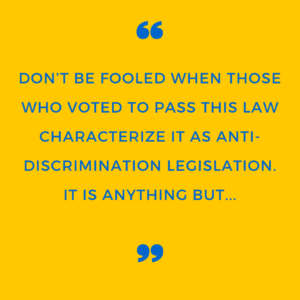September 20, 2022
A free people read freely, learn freely, and think freely…
One thing is for sure—Granite Staters don’t like being told what to think. We pride ourselves on our independence and we aren’t shy about speaking our minds. So why do some folks seem to think it’s a savvy political move to try to start restricting our freedom to read and explore diverse ideas?
This week has marked the 40th observance of Banned Books Week, a national event that calls attention to the persistent problem of censorship in the United States. The observance celebrates our right both to access and express ideas—including those that challenge us—free from interference by the government. It also reminds us not to take this right for granted.
Over the last several years, I have had a front row seat to the growing crisis of book banning in America. I worked with institutions around the country navigating attempts at censorship in their communities—some successful and some averted. What I never expected was to watch as this anti-First Amendment trend, which emerged first in states like Texas, began spreading its tentacles into fiercely independent New Hampshire.

The last few months have brought us a range of troubling stories here at home, including a trustee in Litchfield who removed every book from a Pride Month display after the librarian refused to comply with their demand to do so. Earlier this month, a state senator from Rochester, who also serves on the city council, attempted (and failed) to ban several books from his community that feature LGBT characters.
But nowhere is this trend more troubling than in our schools, where recent legislation has not only restricted students’ right to freely explore diverse perspectives on the issues facing our country but also put a literal bounty on teachers’ heads. The name of the legislation in question, the Right to Freedom from Discrimination in Public Workplaces and Education, is a misnomer of Orwellian proportions—don’t be fooled when those who voted to pass this law characterize it as anti-discrimination legislation. It is anything but, and that is why the American Federation of Teachers, the National Education Association, the ACLU, GLAD, and the Disability Rights Center have joined forces to challenge the constitutionality of the law in court. The purposefully vague law is a copycat of legislation we have seen elsewhere in the country. Both its impact and intent are to intimidate educators who seek to provide their students with an education that does not exclude the perspectives of LGBT people, disabled people, and people of color, both past and present.
Censorship is not a Granite State value. A free people read freely, learn freely, and think freely.
—D

